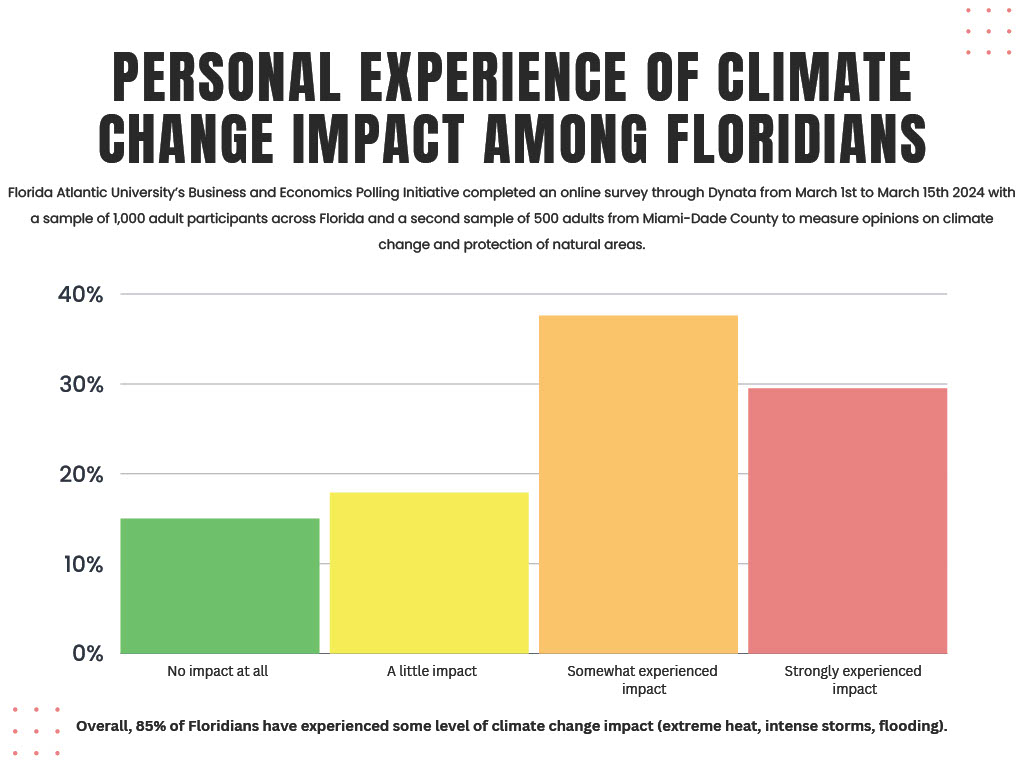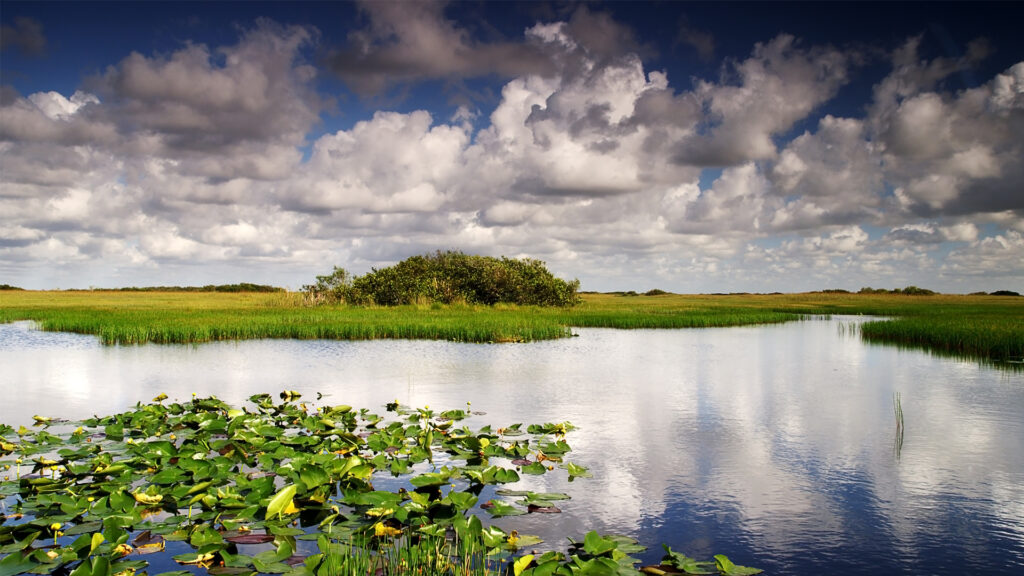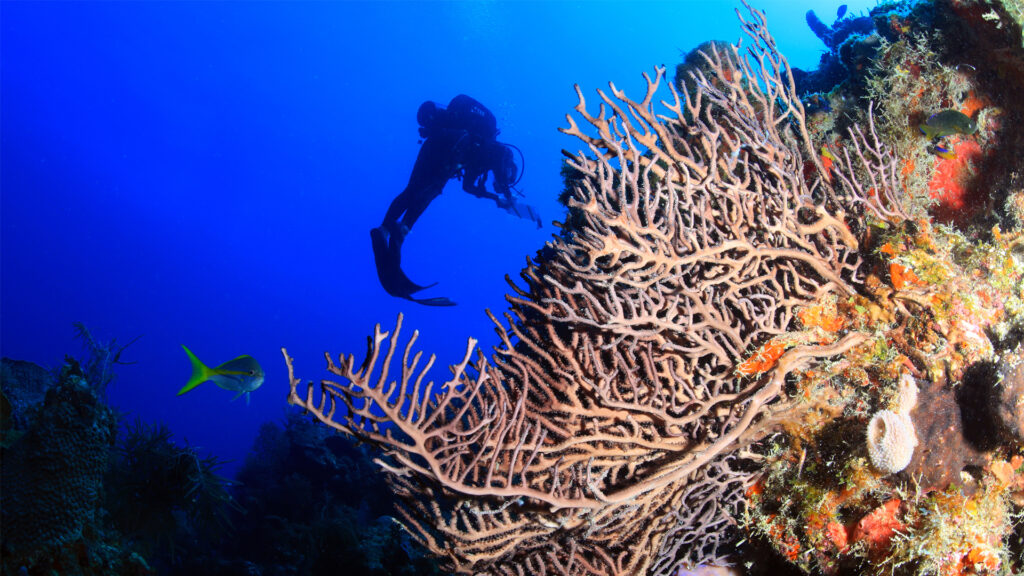By Kristan Reynolds, The Invading Sea
Floridians showed strong bipartisan support for Everglades restoration, climate change solutions and protecting national parks in a recent poll.
A poll by the Business and Economics Polling Initiative at Florida Atlantic University and the National Parks Conservation Association found that 86% of Floridians agree that our leaders have an obligation to protect and restore the Everglades. Additionally, 85% of Floridians oppose oil drilling and mining in national parks, and the same percentage believe that those parks need climate change solutions.
“Support crossed not only political lines — almost exactly evenly split (among) Republicans, Democrats and independents — but also geographic lines,” said Cara Capp, senior Everglades program manager at the National Parks Conservation Association. “It’s not just people in South Florida who value the Everglades; We got strong responses from North Florida, from Central Florida, from the Panhandle.”

Compared to national attitudes measured by the association’s polling, Floridians also showed stronger support for the protection of national parks in the face of climate change.
“Floridians on the ground know that climate change is happening right now; We got huge percentages of folks who identify as already experiencing climate impacts in their daily lives,” Capp said. “This isn’t a hypothetical or future scenario for Floridians – we know that more intense storms, more intense flooding, these things are happening every day, and I would guess that’s why we’re seeing a trend where Floridians more willing to take action to protect our parks because we’re already feeling what climate change can do.”
In Miami-Dade County specifically, 70% of respondents said that they have already experienced the impacts of climate change in their lives.
Capp hopes that the support shown in the poll “will translate into policy changes at the state level that will promote conservation.” But some believe that solutions can be politicized in ways that don’t support resiliency for Florida in the long run.
“We need to make sure that science is guiding our solutions to regulate restoration and just resiliency in the face of the threat of climate change in Florida,” said Eve Samples, executive director of Friends of the Everglades, a nonprofit organization.

The poll results revealed that an overwhelming majority of Floridians agree that national parks should be protected from oil drilling. While drilling has been happening for decades in Big Cypress National Preserve in the Everglades, the Miccosukee Tribe of Indians of Florida is working on a plan for phasing it out.
“Our national preserve is not the place to be drilling for oil, and we were really encouraged to see that four out of five Floridians agree the damage that’s been done in Big Cypress in the hunt for oil … is not the vision for our national parks that our fellow Floridians share,” Capp said.
According to Capp, Everglades restoration is currently the biggest resilience and ecosystem restoration plan ever undertaken. It is a multi-billion dollar and multi-agency effort that is working to “restore clean water flow to Everglades National Park,” which will provide ecosystem benefits to the Everglades as a whole, Capp said.
Although Everglades restoration and water quality improvement are underway, Samples says that Florida’s government needs to take a more “holistic approach” by promoting strong growth management laws to stop over development of natural areas and regulating polluters like the sugar cane industry by putting limits on phosphorus (which comes from fertilizer runoff and can damage waterways). Samples also advocates for a reduction of carbon emissions in Florida to mitigate climate change impacts for the Everglades and other natural areas.

The National Parks Conservation Association is an independent, nonpartisan organization that advocates on behalf of the National Parks System. Capp said the group has been involved in the development of a restoration blueprint for Florida Keys National Marine Sanctuary and the coral reef within it.
The poll found that respondents in Miami-Dade County showed strong support (85%) for marine protected areas being used for conservation of natural resources in coastal and marine national parks — meaning that these areas can restrict human activity to support the health of marine ecosystems.
“People are really understanding that we have to proactively get measures in place for our coral,” Capp said.
The polling was conducted online in March by the survey data collection organization Dynata. Two samples were collected: The first included 1,000 participants across Florida and the second included 500 individuals from Miami-Dade County. Both sets of participants were over 18 years old.
Kristan Reynolds is a Florida Atlantic University senior majoring in multimedia journalism and minoring in communication studies who is reporting for The Invading Sea during the summer 2024 semester. The Invading Sea is managed by FAU’s Center for Environmental Studies and receives support from the Charles E. Schmidt College of Science.
Sign up for The Invading Sea newsletter by visiting here. If you are interested in submitting an opinion piece to The Invading Sea, email Editor Nathan Crabbe at ncrabbe@fau.edu.



